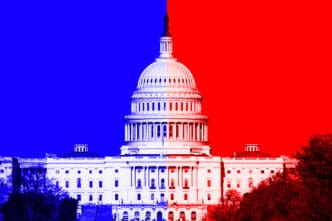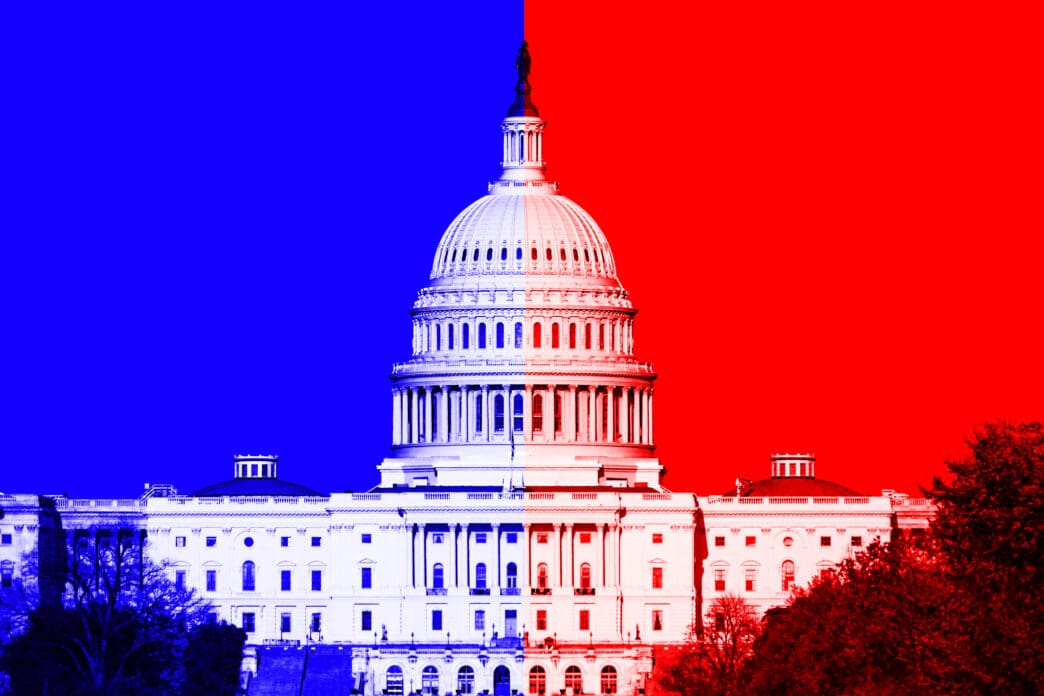Executive Summary
The Story So Far
Why This Matters
Who Thinks What?
The Senate cleared a significant legislative obstacle Sunday night, with eight Democrats joining Republicans to advance a federal funding measure aimed at reopening the government. This bipartisan vote sets the stage for a final Senate vote early this week, after which the package will move to the House of Representatives, where leaders expect further votes this week to end the ongoing shutdown.
Next Steps in the Senate
Senators must now agree on a timeline for debate before a final vote on the bill. While leaders hope for quick action, the process could be extended by senators seeking to introduce amendments, such as Republican Sen. Rand Paul, who desires a vote on a hemp-related amendment. Senate Majority Leader John Thune indicated uncertainty regarding the exact timing but expressed hope for passage early in the week.
The proposed funding package would sustain government operations until January 30. Critical agencies, including those administering federal food assistance (SNAP), would receive funding through the remainder of fiscal year 2026. This dual approach aims to provide immediate relief from the shutdown while establishing longer-term stability for essential services.
The House’s Role
Following Senate passage, the measure will proceed to the House, where members have been advised to anticipate votes this week. House Speaker Mike Johnson faces the challenge of securing support from his narrow majority, a task he suggests will require assistance from President Trump. Johnson stated that he would provide 36-hour notice for a vote once the Senate concludes its process.
House Minority Leader Hakeem Jeffries has vowed to oppose the package, citing its failure to fully address Democratic demands regarding health care. Despite this, a Democratic source familiar with discussions expects some members of the party to cross the aisle to support the bill. Republican leaders are reportedly optimistic about the bill’s prospects for passage in the House.
Bill Contents
The comprehensive bill includes three full-year appropriations measures covering military construction, veterans affairs, the legislative branch, and the Department of Agriculture. Notably, it allocates $203.5 million for enhanced security for members of Congress and $852 million for the U.S. Capitol Police, according to Democratic appropriator Sen. Patty Murray.
A key point of contention, the package does not guarantee an extension of expiring enhanced Affordable Care Act (ACA) subsidies. However, a deal struck between Republicans and Senate Democratic centrists includes an agreement for a future Senate vote on these subsidies. Sources familiar with the negotiations indicate that President Trump’s increasing opposition to extending the ACA subsidies pushed some Democrats to accept the compromise to end the shutdown.
Additionally, the agreement stipulates the reversal of all federal firings that occurred during the shutdown. It also ensures that all federal workers will receive back pay for the wages they were owed while the government was closed.
Outlook
The bipartisan Senate vote represents a critical step towards resolving the government shutdown, but the legislative path forward still requires navigating procedural hurdles in the Senate and securing sufficient support in the House. The ultimate success of the funding measure hinges on continued bipartisan cooperation and leadership efforts to rally votes.








